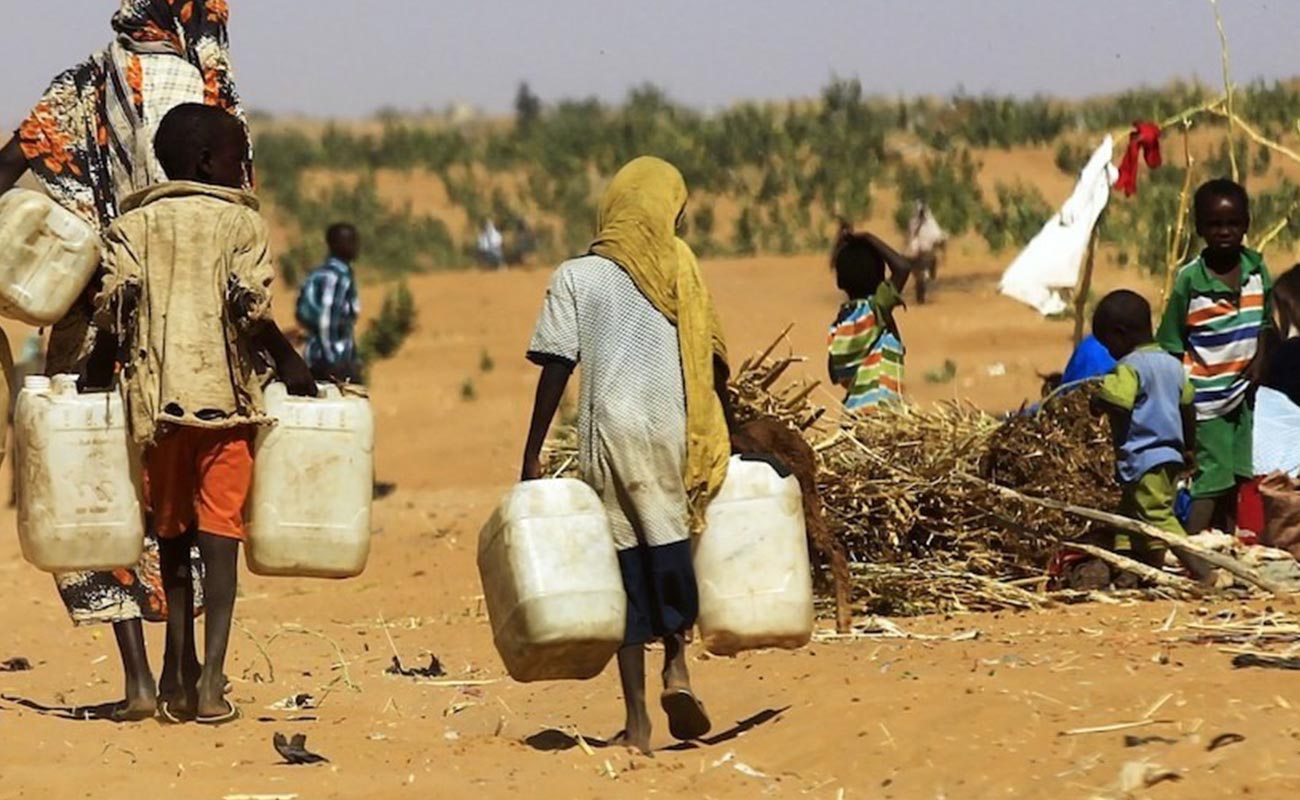Addis Ababa is set to host the second Africa Climate Summit this week, with financing at the top of the agenda.
But beneath the pledges and proposals, African leaders are pushing a sharper demand: that debt reform must go hand in hand with climate justice.
The urgency is clear. Africa loses an estimated 5 per cent of its GDP annually to climate-related disasters, ranging from prolonged droughts in the Horn of Africa to devastating floods in West Africa and cyclones in Mozambique.
Yet at the same time, many governments spend more servicing debts than on investing in health, education, or climate resilience.
New climate finance has been made available, but much of it comes in the form of loans, adding to already heavy debt burdens.
Former Mauritian president Ameenah Gurib-Fakim, a leading voice in the African Leaders’ Debt Relief Initiative, argues the status quo is untenable.
“Debt reform can no longer be separated from climate reality,” she said.
Her message is resonating across the continent. Civil society groups, economists, and climate negotiators agree that Africa cannot achieve its $3 trillion climate goals while constrained by old debts and new borrowing.
They are calling on creditors and multilateral institutions to integrate climate risks into lending frameworks and to provide more grants instead of loans.
The paradox of Africa’s climate struggle is stark. The continent contributes less than 4 percent of global greenhouse gas emissions, yet it suffers some of the world’s most severe climate shocks.
Without meaningful debt reform, leaders warn, climate finance risks becoming another trap rather than a tool for resilience.
As the summit unfolds in Addis Ababa, African leaders aim to send a united message to the global community: climate justice for Africa must include fairer financing and urgent debt relief.

